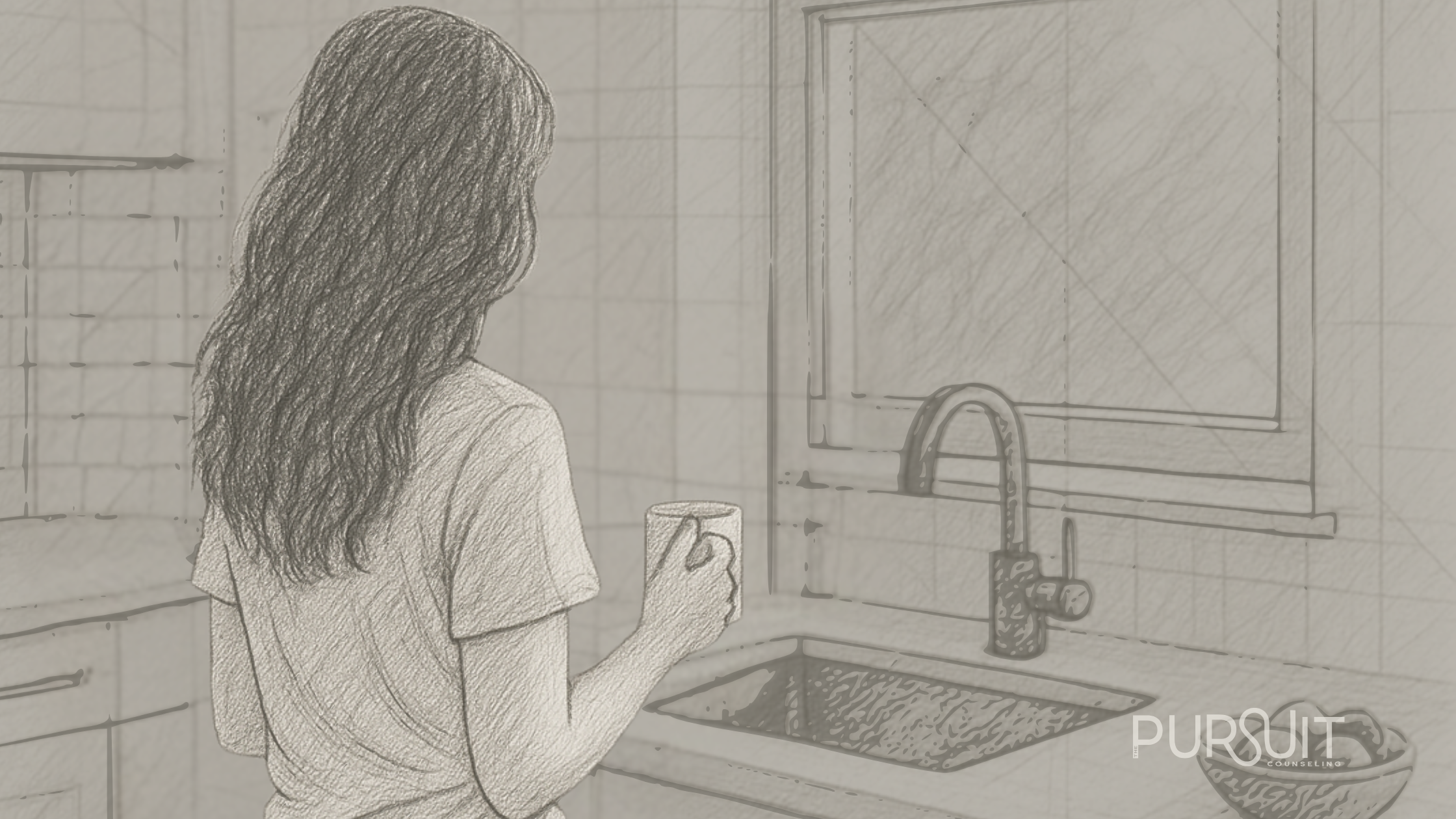Disclaimer: While our team is not currently represented by Black ethnicities or race, we are deeply committed to being advocates for our Black community members and promoting mental health across every demographic. We recognize the importance of addressing mental health disparities, amplifying Black voices, and supporting the ongoing pursuit of equity and healing.
The Intersection of Black History and Mental Health
Black History Month is a time to honor the resilience, achievements, and contributions of Black individuals throughout history. It is also a time to reflect on the challenges that have historically affected Black communities—including barriers to mental health care. The effects of systemic oppression, racial trauma, and generational adversity have left lasting impacts, making the conversation around mental health and restoration more important than ever.
Mental health is not just an individual concern; it is a communal one. When mental well-being is prioritized, entire communities heal, strengthen, and thrive. Addressing mental health disparities within Black communities is not just about treatment—it’s about empowerment, advocacy, and breaking generational cycles of trauma.
The Historical Challenges of Mental Health in Black Communities
Black communities have long faced obstacles to mental health care, including:
- Stigma and Cultural Barriers – Many Black individuals have been conditioned to view mental health struggles as personal weaknesses rather than legitimate medical concerns. The historical reliance on resilience and faith-based communities, while beneficial, has sometimes led to the minimization of professional mental health support.
- Limited Access to Quality Care – Systemic disparities in healthcare mean that many Black individuals lack access to affordable, culturally competent mental health care providers. This lack of access creates a gap in early intervention and proper treatment.
- Racial Trauma and Generational Effects – The psychological impact of historical injustices, racial discrimination, and generational trauma continues to affect mental health today. Studies show that experiences of racism can lead to increased stress, anxiety, depression, and even physical health complications.
Mental Health as a Pathway to Restoration
Healing is possible, and mental health plays a crucial role in restoring individuals and communities. Here’s how prioritizing mental wellness can lead to empowerment and restoration within Black communities:
- Breaking Generational Cycles – Addressing mental health concerns, whether through therapy, community support, or advocacy, helps break cycles of trauma and equips the next generation with healthier coping mechanisms.
- Strengthening Community Bonds – When individuals receive proper mental health support, they are better able to engage in meaningful relationships, contribute to their communities, and foster collective healing.
- Encouraging Cultural Empowerment – Representation in mental health matters. Increasing the number of Black therapists, counselors, and advocates helps create a culturally affirming space for healing, allowing individuals to feel seen and understood.
How We Can Support Black Mental Health
As allies, advocates, and professionals in the mental health space, we must commit to actionable steps that promote mental wellness in Black communities:
- Amplify Black Voices – Elevate the work of Black mental health professionals, educators, and advocates. Listen to and share their insights.
- Support Access to Mental Health Services – Encourage Black individuals to seek therapy by connecting them with culturally competent professionals and resources. Advocate for policies that promote mental health accessibility.
- Normalize Mental Health Conversations – Challenge stigma by creating safe spaces for open dialogue about mental health. When mental health is discussed openly, seeking support becomes more accepted.
- Engage in Continued Learning – Educate ourselves about the unique mental health challenges Black communities face. Recognizing systemic issues allows us to be more effective in advocating for change.
A Call to Action
This Black History Month, let’s not only reflect on the past but take active steps toward a future where mental health is prioritized, access to care is equitable, and communities are restored. Healing is not just about surviving—it’s about thriving.
At The Pursuit Counseling, we stand in solidarity with Black communities and remain committed to fostering mental wellness for all. Let’s continue to pursue healing together.
If you or someone you know is in need of mental health support, we encourage you to reach out. There are resources available, and seeking help is a powerful step toward restoration.




